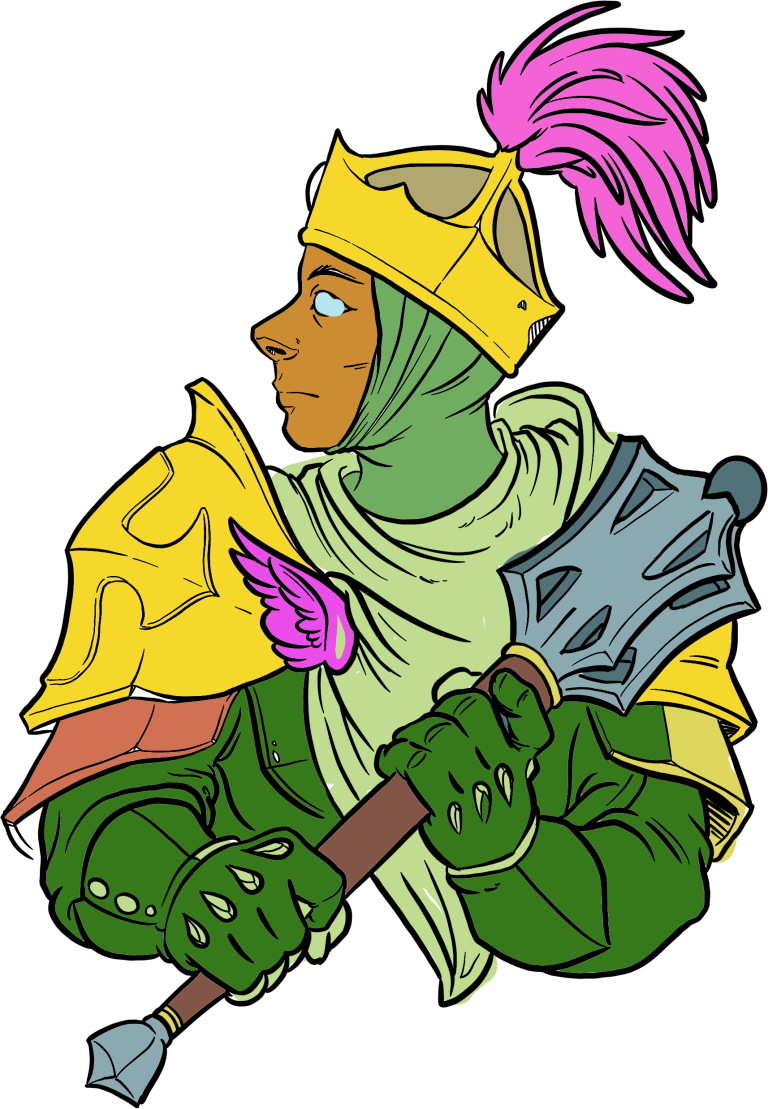by Jason Campbell
One of the most critical tasks for a DM in D&D and similar adventure TTRPGs is to award experience. Whether you use experience points or a system based on milestones you’re going to evaluate how many challenges the PCs need to overcome to advance to the next level. Typically the amount of XP awarded depends on the risk that the PCs take – that is, overcoming a more challenging opponent is a bigger risk for the PCs so it yields a larger amount of XP, or moves you closer to that milestone. But what about the other pillars of the game?
Philosophically D&D relies on three “pillars”, or themes of the game: combat, social interaction and exploration. Many players and DMs focus on combat, but it’s not the only actions that PCs do. So perhaps DMs should be awarding XP for social interactions and exploration. But if combat encounters give you more XP based on the amount of risk the PCs undertake, how should a DM determine how much XP to award for the other encounter types? If your exploration involves solving riddles, puzzles or traps, you could judge the difficulty of those and award more XP for more difficult puzzles. But what about social interaction? How should a DM assess the risk of a social interaction? There might be risk if you’re arguing for your life with a wrathful emperor, but if you’re negotiating with crowds, extracting secrets from city officials, it’s difficult to assess what the risk is.
One approach is to determine the goal of the PCs and measure it against the goal of the NPCs. The more those goals oppose each other the higher the difficulty of the social interaction, and the more XP that should be awarded. In this way you’re rewarding overcoming a more difficult situation even if the risk isn’t necessarily higher. This is still subjective, but it’s probably the best idea we have. If you need a defined methodology you could evaluate each opposing goal on a sliding scale from 1-10.
Do you have any methods for awarding XP (or milestone advancement) for social interactions and exploration? Let us know in the comments below.





